Résidence d’artistes

En novembre 2016, le laboratoire Dynamique Du Langage a accueilli Yves Béal et Heiko Buchholz, deux artistes du Collectif grenoblois « Un euro ne fait pas le Printemps », pour une résidence d’une semaine. Ce temps de rencontres entre artistes et scientifiques a généré de riches échanges entre des mondes finalement pas si différents que ça ! […]
Portrait en images et en sons : Jean-Marie Hombert
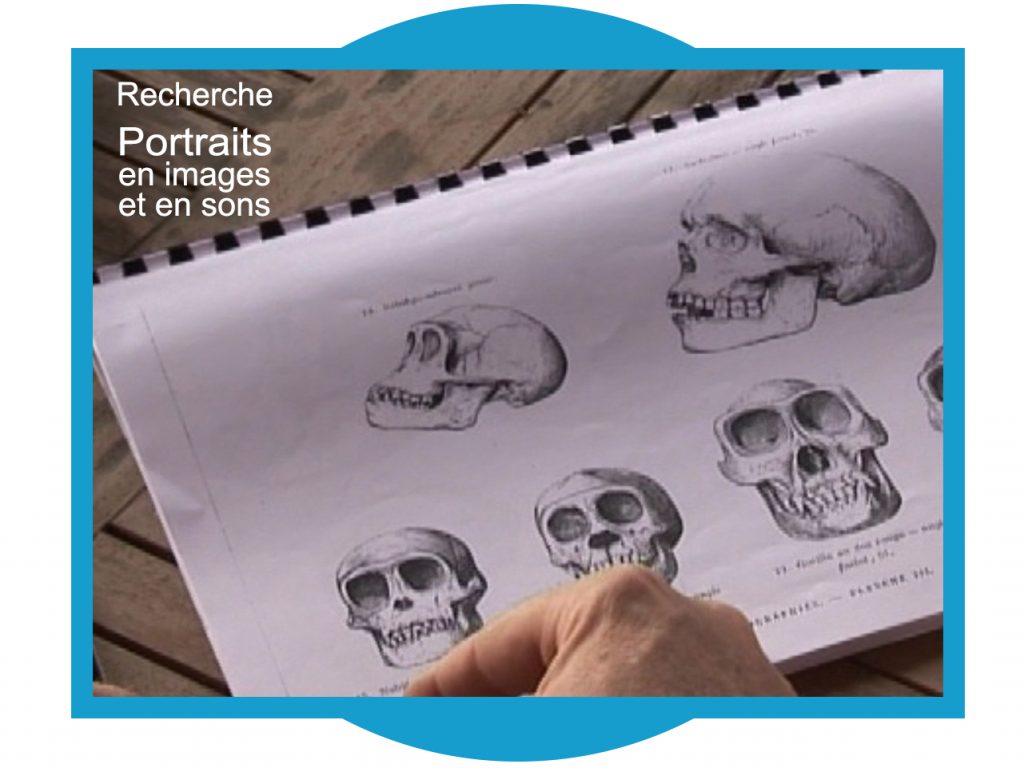
La série « portrait en images et en sons » présente des recherches qui s’associent avec l’utilisation de l’image animée à l’Institut des Sciences de l’Homme. Portrait de Jean-Marie Hombert. Directeur de recherche, Sciences du langage Origine et évolution du langage et des languesCognition et changements linguistiquesLinguistique AfricaineLangue et Histoire CNRS – DDL Interrogation sur les langues […]
Lab video DDL
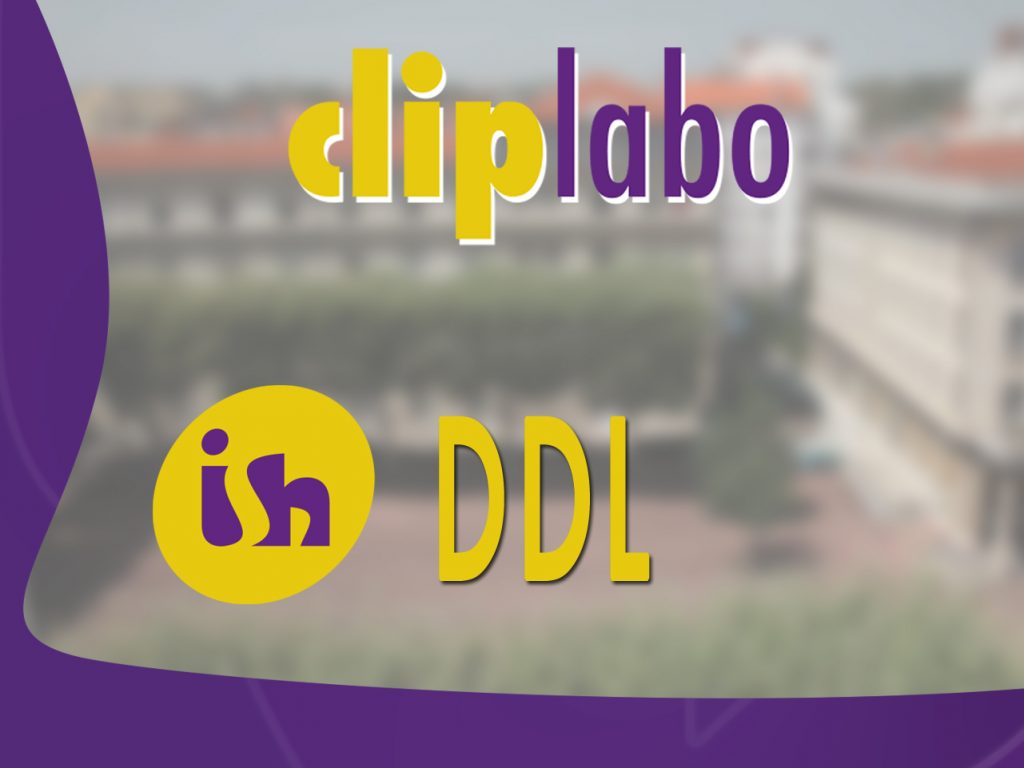
Introduction of research center, Dynamique Du Langage (UMR 5596).
Lancement Langues En Danger, Terrains, Documentation, Revitalisation
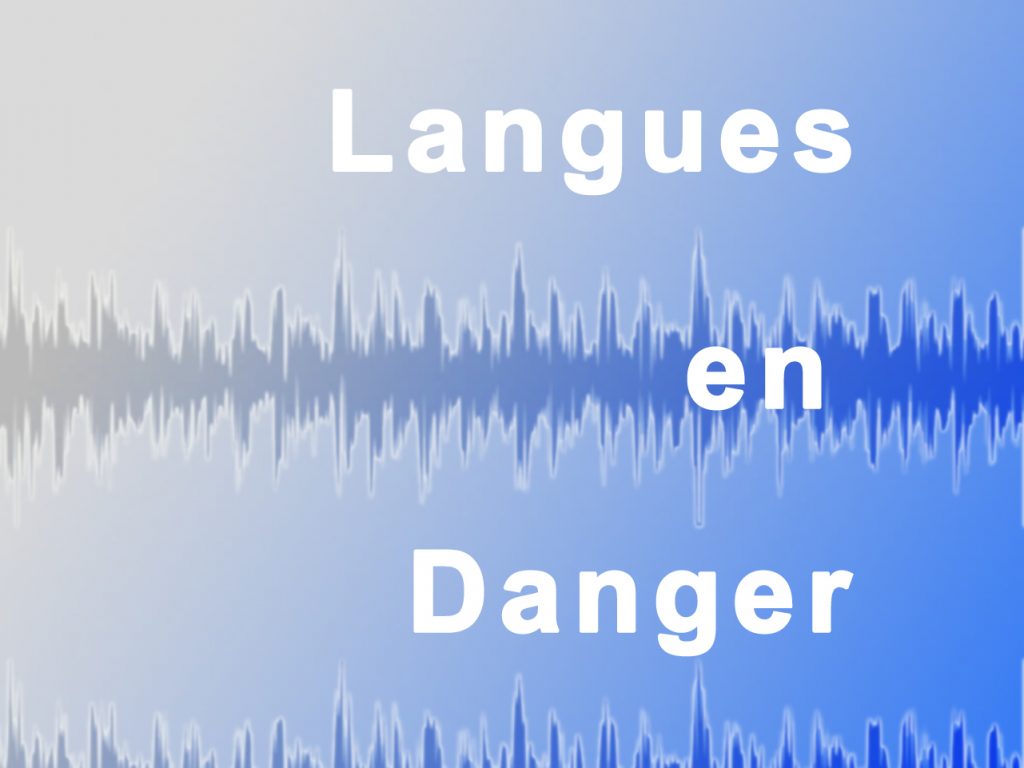
Launching of the new Axis LED-TDR on November 25, 2009. This new Axis LED-TDR takes on the last AALLED Project (ANR – French Research Agency) and it aims to sustain the debate about Endangered Languages at the DDL Laboratory. The main activities point at the documentation and intellectualisation of Endangered Languages and it aspires to […]
Langue en danger : conférence de Lenore A. Grenoble
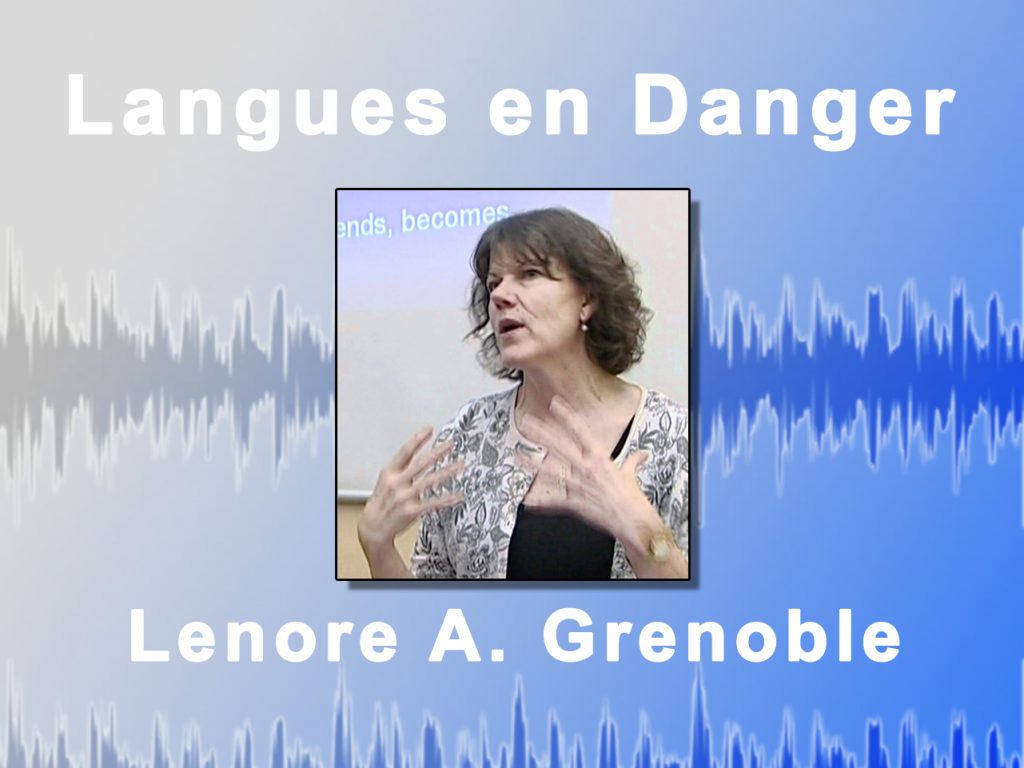
On the occasion of the Revitalization Day proposed by the Axis LED-TDR within the Laboratoire Dynamique du Langage on November 24, 2009, Lenore A. Grenoble, from the University of Chicago, talks about her fieldwork in the Arctic: “The State of the Art, the State of the State”. Being a world reference on endangered languages, Lenore is […]
Université d’été DDL 2008: documentation et description des langues
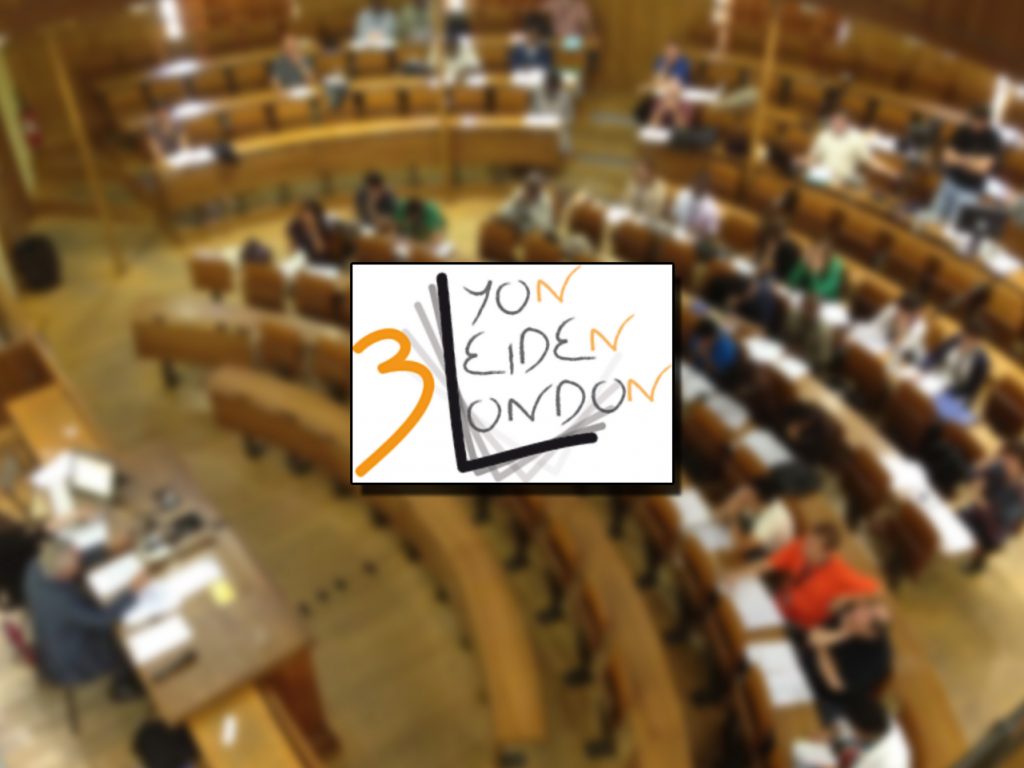
This Summer School has introduced the concepts and practices of language documentation and description in linguistics. Language description is the traditional subfield of linguistics concerned with the analysis of language structures and functions at different levels of organization (phonology, morphology, syntax, lexicon etc) and is often aimed at producing grammars and dictionaries. Language documentation is […]
Université d’été DDL 2012 : documentation et description des langues
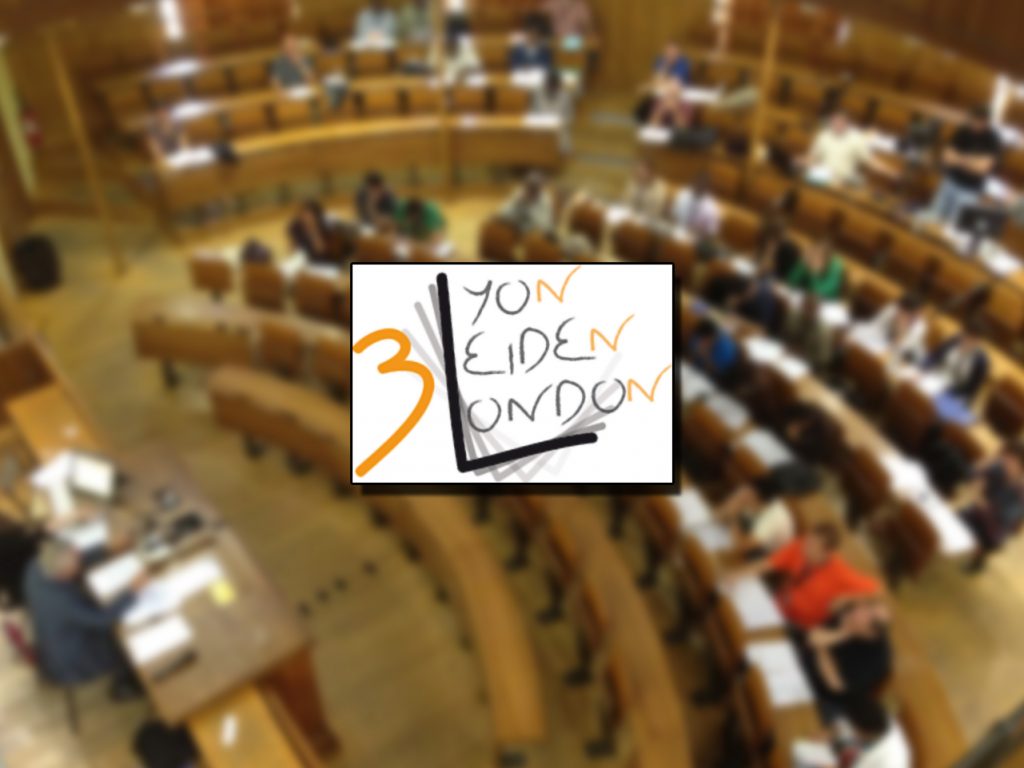
The fourth 3L (Lyon, London, Leiden) International Summer school, entitled “Endangered Languages – from Documentation to Revitalisation” took place between 1-13 July 2012 in Lyon, France, and explored the new developments that have been occurring in the field of language endangerment over the past twenty years. It was organised by the members of the Langues […]
Portrait de Sophie Kern
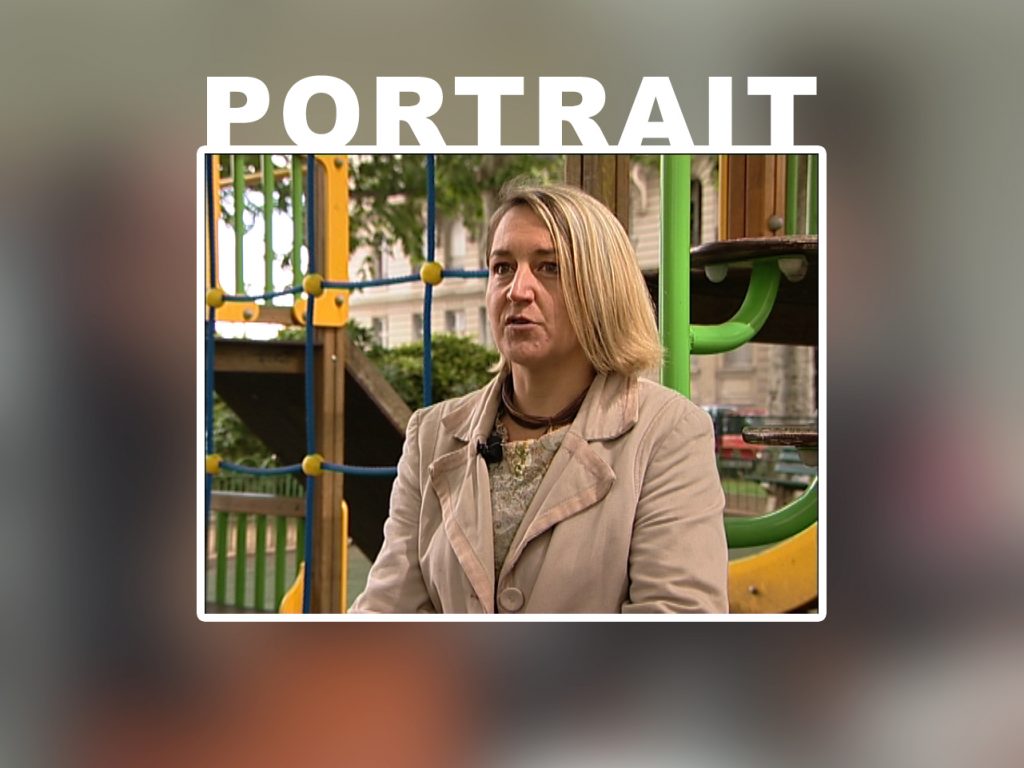
A propos de l’acquisition précoce du langage : de la similitude à la différence.
ESF-OMLL Workshop NDHL: Recordings
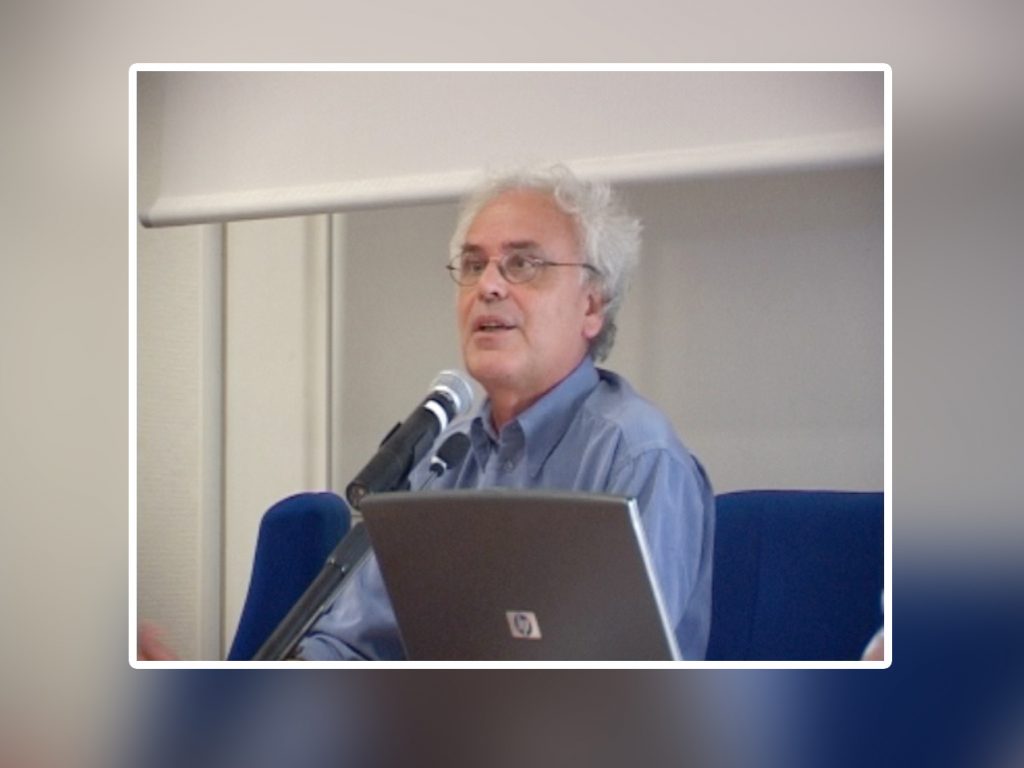
This event, as part of the European Science Foundation EUROCORES Programmme OMLL, was supported by funds from the EC Sixth Framework Programme under Contract no. ERAS-CT-2003-980409
Université d’été DDL 2008: documentation et description des langues

Cette université d’été a introduit les concepts et les pratiques de la documentation et de la description des langues en linguistique, pour compléter la formation des linguistes de terrain. La description des langues est la sous-discipline de la linguistique qui s’occupe traditionnellement de l’analyse de la structure des langues à différents niveaux d’organisation (phonologie, morphologie, […]
Lévi-Strauss – colloque de Libreville pour son centième anniversaire

Dans le cadre des manifestations internationales qui ont marqué le centenaire de Claude Lévi-Strauss (1908-2008), un colloque panafricain organisé à Libreville (24-28 novembre 2008) par l’Association Gabonaise des Anthropologues (AGA), le Centre National de la Recherche Scientifique du Gabon(CENAREST), l’Université Omar Bongo de Libreville (principalement le Laboratoire d’Anthropologie LABAN), le Centre Culturel Français de Libreville, […]
Lancement Langues En Danger, Terrains, Documentation, Revitalisation
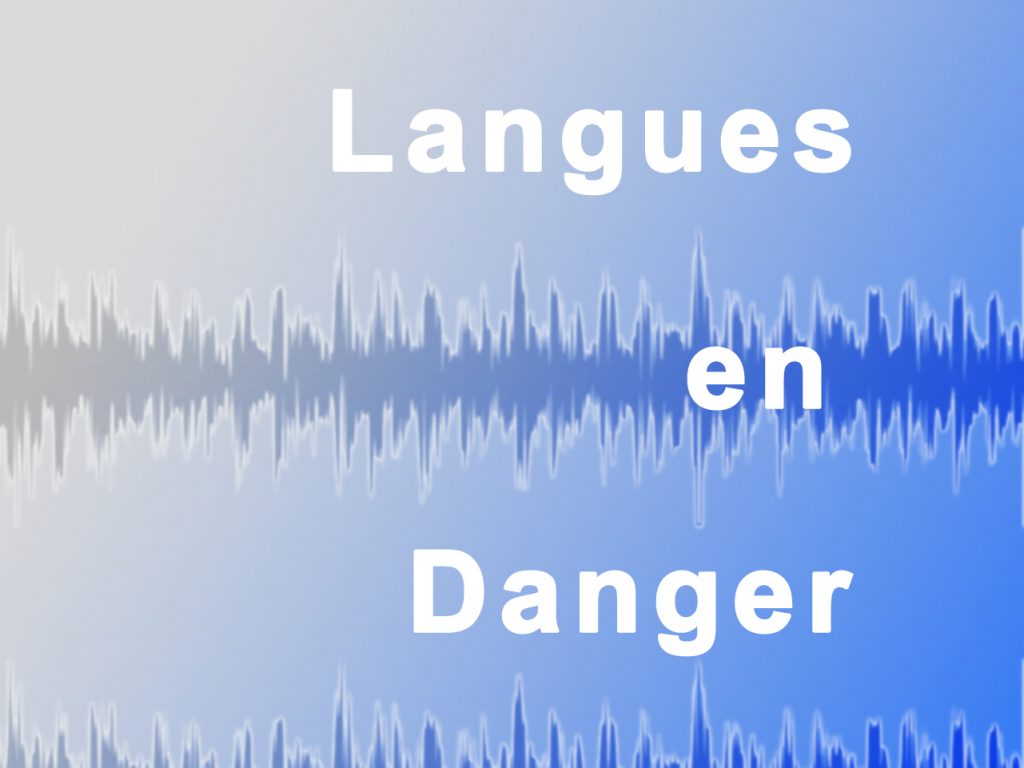
Le nouvel axe transversal de recherche LED-TDR s’inscrit dans la prolongation de l’ANR AALLED et a pour objectif de pérenniser la problématique des Langues en Danger au laboratoire. L’activité de recherche s’oriente vers la documentation et l’intellectualisation les LED et ambitionne de participer au débat théorique sur la nature et la faisabilité de la revitalisation, […]